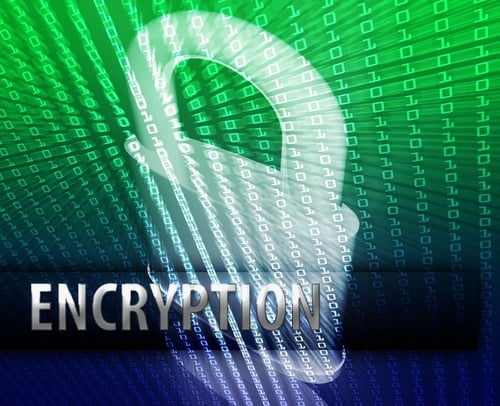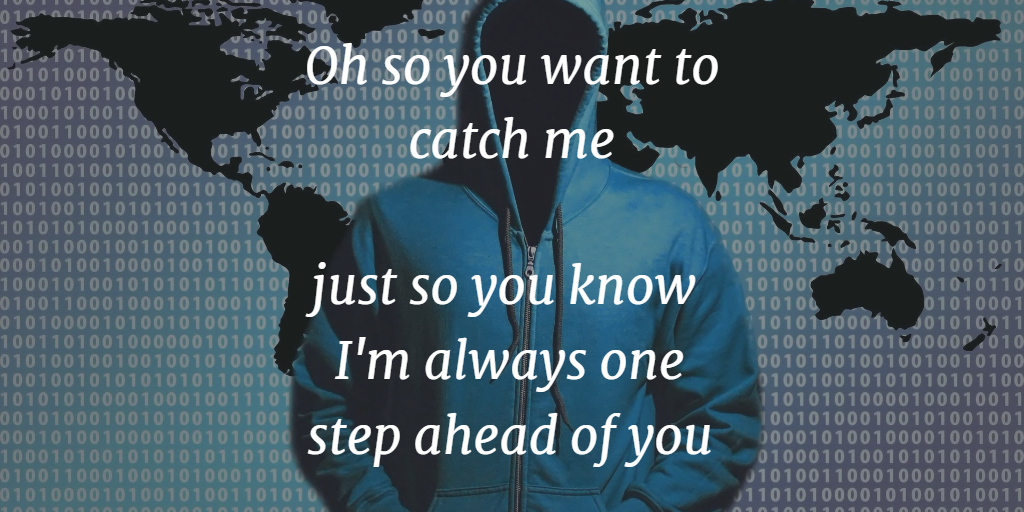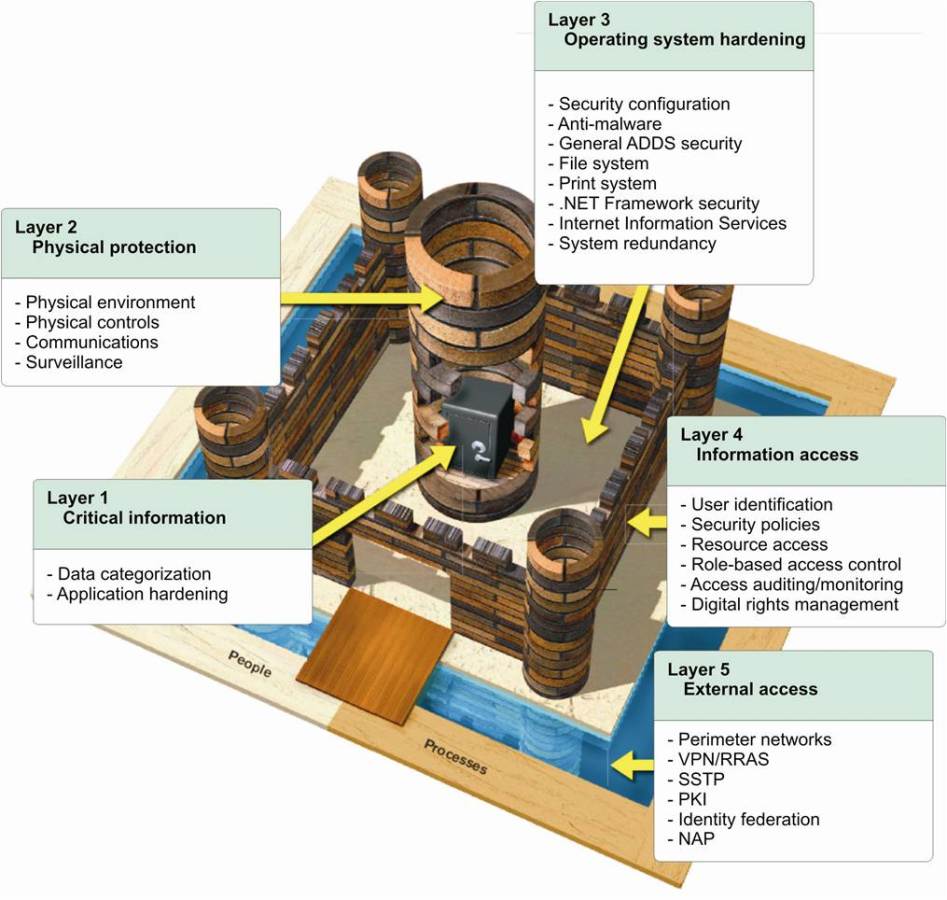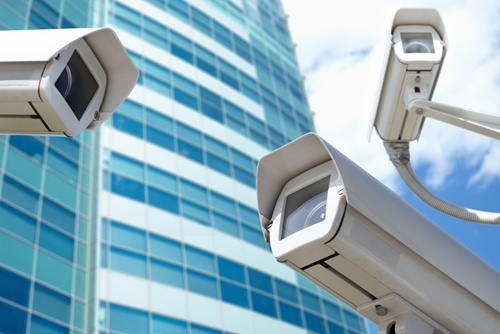
Cybersecurity is now an issue on everyone's radar, from businesses to governments to consumers. This is great news, as the world has finally realized just how vulnerable their personal and corporate data really is - regardless of where it's stored.
However, many fail to look at the larger picture: If cybercrime has reached an extreme level of sophistication, traditional data security solutions will not cut it - they don't now, and they won't in five years. There is a way around every firewall and a variety of methods for stealing credentials. Businesses and associations need to take a broader look at cybersecurity, ensuring that the tools they deploy now are still viable solutions in 2020.
And once 2020 sneaks up on organizations, cybersecurity spending will be through the roof. MarketsandMarkets found that in the next five years, the market for everything from security intelligence software, cybersecurity services and advanced threat protection will expand at a compound annual growth rate of 9.8 percent, making it worth approximately $170 billion in 2020. Everyone knows that security tools are necessary, but what types of threats will inspire cybersecurity investments and how can the world ensure that data is secure in the face of those risks?
"70% of the most commonly used IoT devices contain security vulnerabilities."
Internet of Things
While still immature, the Internet of Things holds great promise for retailers, government agencies, manufacturers, logistics companies and many more businesses. However, as with any innovative technology, risks will inevitably exist and they'll be discovered every day.
A report conducted by HP indicated that 70 percent of "the most commonly used" IoT devices contain security vulnerabilities, and once 2020 comes around, there will be 26 billion IoT units around the world. That means that in five years, approximately 18.2 billion Internet-connected objects could introduce malicious actors to personal and corporate networks. Once an IoT device is compromised, hackers can move around networks, making the IoT a huge threat to data security.
The cloud
Cloud computing and cloud services have drastically impacted the way employees work and individuals consume content. Roy Illsley, principal analyst at Ovum, told Computer Weekly that in 2020, the cloud will be a standard part of IT, meaning that everyone will soon be using these hosted solutions.
Businesses and associations must protect their cloud-based assets, especially those that rely on sensitive data, medical records and payment card information. The nature of the cloud means that the typical network perimeter no longer exists, so traditional security practices won't cut it. In their stead, data protection will become a popular cloud security strategy.
Sharing
Sharing data is second nature in the modern era, as all it takes is the press of a button in an email. However, according to Gartner, 87 percent of senior managers regularly upload work documents to personal cloud accounts or email. This means that the typical 2015 security strategies will be useless. To compound the issue, cloud storage services also pose a threat to data security, since data ownership laws and regulations are foggy at best. After all, what is preventing these storage vendors from looking at or copying the sensitive data of businesses, government agencies and consumers? In brief, the source recommended that organizations and associations create redundancies to data security.
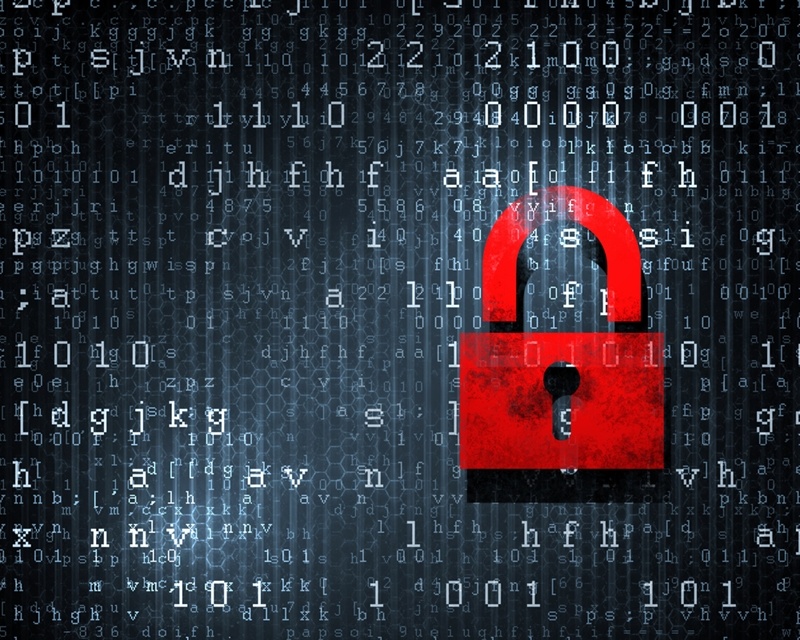 Locking down data with tokenization will be a necessity in 2020.
Locking down data with tokenization will be a necessity in 2020.What is the solution to data security in 2020?
Threats to corporate data stem from the fact that cybercriminals want data, and they will go to any lengths to steal it - whether it's compromising credentials or inserting malware. And once hackers are inside networks, they can take everything they can find. As a solution, everyone should consider locking down data itself - firewalls won't stop cybercriminals and devices are easily compromised nowadays.
CloudMask provides businesses, associates and consumers with the ability to tokenize sensitive data, with essentially makes information indiscernible. This is a great way to ensure data is secure today, as well as in 2020.
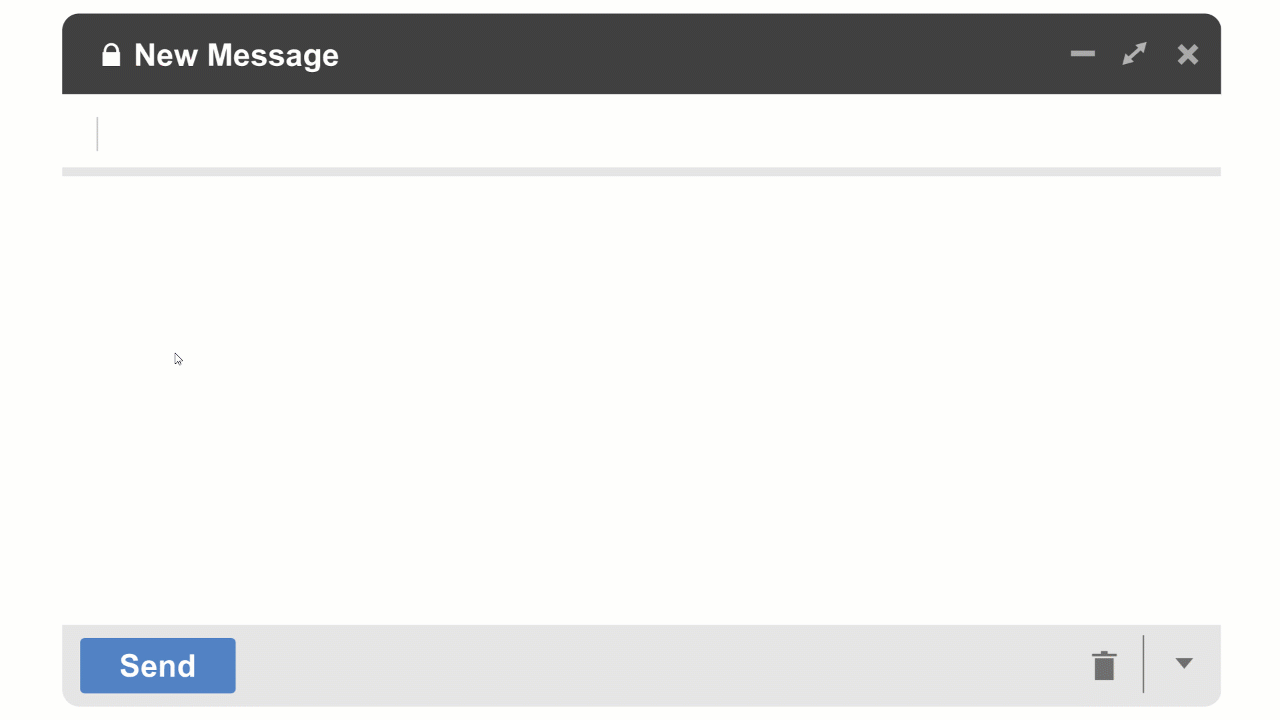
With CloudMask, only your authorized parties can decrypt and see your data. Not hackers with your valid password, Not Cloud Providers, Not Government Agencies, and Not even CloudMask can see your protected data. Twenty-six government cybersecurity agencies around the world back these claims.
Watch our video and demo at www.vimeo.com/cloudmask
Share this article:
